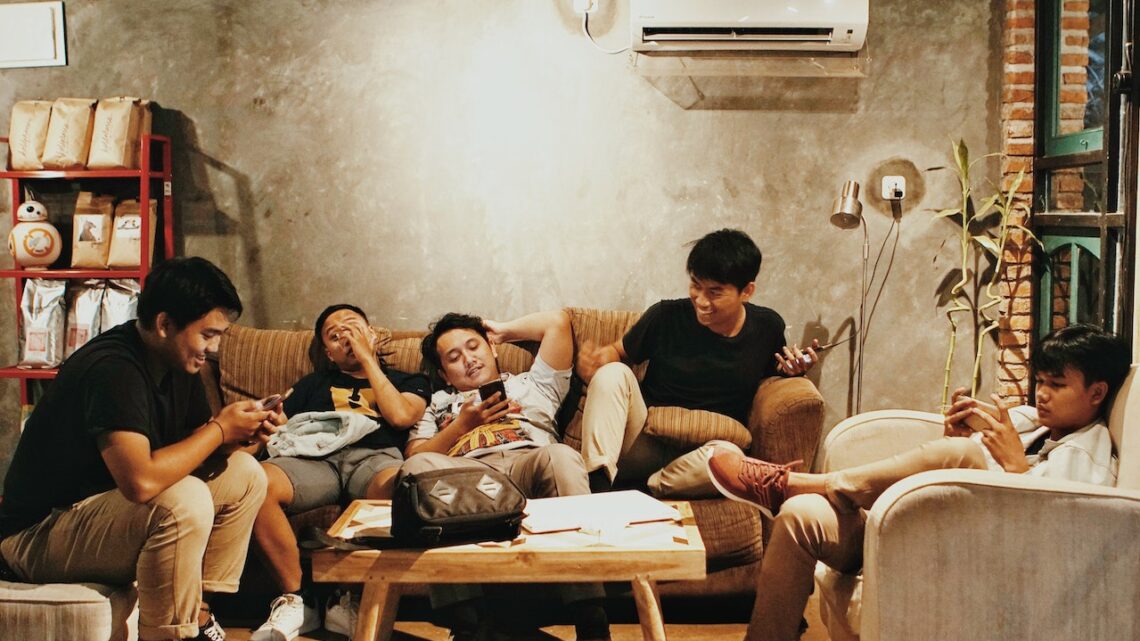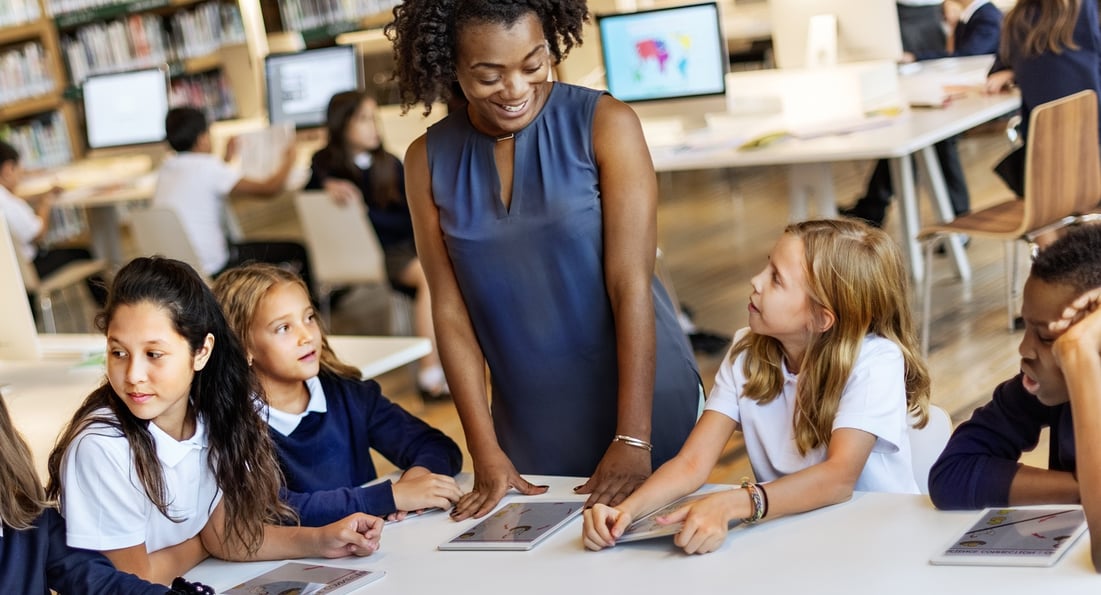
I DISAGREE: Educators have a responsibility to use technology and social media to promote social justice.
Social justice initially focused on the distribution of capital, property, and wealth due to the extreme level of inequality and economic distress resulting from the European class structure. Today, social justice has shifted to a stronger emphasis on human rights, land rights and improving the lives of the disadvantaged groups that have historically faced discrimination in society. Many of these have been discriminated against on the basis such as sex, age, wealth, ethnicity, heritage, social status, religion, and other. Social justice often leads to efforts to redistribute wealth to some of the underprivileged.
EdTech Winter 2023’s Big debate: Educators have a responsibility to use technology and social media to promote social justice. Being on the negative/ disagree side: My argument is plain and simple: Educators are not responsible for creating or implementing technology and social media strategies to promote social justice. This is a critical responsibility that lies with other more committed organizations and individuals who that focus on social justice advocacy who have better experiences and posses the outstanding knowledge and skills in the field of technology, social media, and social justice..
Teachers’ vision should be “TEACHER’S NEUTRALITY THAT CREATES CRITICAL THINKERS”.
A teacher should inspire, motivate, encourage and educate learners and not to mold them in accordance with his belief and biases. Discussions should be encouraged in a classroom as they allow students to develop their critical thinking skills and express themselves in a mature manner. These debates, however, should only voice the sociopolitical opinions of students and not teachers. But since the teacher has already strongly expressed his stand on said issue by posting it in social media, some students out of fear, will readily conform with the political leaning or social advocacy of their teacher.
Many teachers do shy away from sharing political opinions on Twitter or Facebook for a range of reasons: They want to preserve their objectivity in front of their students. They don’t want to hurt their relationships with parents, students, or colleagues who might have different beliefs than they do. They worry about professional repercussions, especially when posting from an account that they use for work-related reasons (Will, 2020: Education Week)

Image by: AccelerateLearning: https://blog.acceleratelearning.com/how-to-keep-your-classroom-neutral-in-a-diverse-environment
Educators must remain neutral and cannot promote any political agenda in the classroom. They must respect the diversity of opinions of all students and provide a safe learning environment where everyone is encouraged to share their thoughts without fear of judgment.
Not all people are alike, “individual differences” has always existed since time immemorial. Elizabeth Kitto on Why teachers must remain neutral in class discussion expresses as teachers need to introduce students to alternative viewpoints and humanise “opponents”.
You do not expect that everybody will conform with your political and social ideologue.
When you post something public in your social media account, you expect comments both coming from the opposite sides especially if your post is about controversial political and social issues
Social media is about popularity and not exactly to promote what is right or what is politically correct. Even the former president of US Donald Trump is very popular in social media. His controversial posts caused massive divisiveness among us citizens.
Among controversial world leaders who have huge social media following includes PM Modi of India, Hun Sen of Cambodia, Vladimir Putin of Russia, Xi Jinping of China and even our former president in the Philippines Rodrigo Duterte. Social Media nowadays is principally used as a tool for propaganda and marketing instead of educating or improving the lives of the people. Instead of posting publicly something controversial in your social media account, why not join social media groups which shares the same advocacy as yours.
Teachers just like any human being have their own biases and it can not be avoided that sometimes they voice out their own biases not only in social media but also in their classes. The main responsibility of a teacher is to teach their students and not to force unto them their political beliefs and social advocacies. A teacher should inspire, motivate, encourage and educate learners and not to mold them in accordance with his belief and biases.
Nowadays, learners are very active in social media not just for the purpose of gaining friends but also to reinforce their interests and likings. Moreover, some learners also used social media to gain information about some persons who might caught their interest and likewise people who have influence on their lives like artists, sports personalities, celebrities and sometimes even their professors or teachers. he
By actively posting in their social media their political beliefs and leanings, teachers are indirectly influencing the point of view of their students. Teachers wield huge influence on their students. They interact with them day to day not only in school but sometimes also in social media. For some students, the words of their teachers are the gospel truth.
During class discussion, it can not be avoided that there will be a debate among the students and even between students and teacher. However, if the topic of the debate is closely related to the political leaning or social advocacy of a teacher, it is expected that the debate will be done half-hearted since some students who are already familiar with the idealogue of the teacher would rather keep to themselves their opinion rather voicing it out for fear of getting the ire of their teacher.
Since classroom debates can get heated, teachers should moderate while maintaining a neutral stance. Everyone involved in the debate should realize that it’s okay to agree to disagree when it comes to their classmates’ opinions. Problems begin to arise in student debates when their openness to vulnerability is eliminated, particularly when teachers decide to voice their own political opinions.
Many teachers agree that remaining impartial provides a safer environment for their students. They manage to keep the focal point of a debate at hand, giving the students the attention and information they need to vocalize their political opinions. In the classroom, a teacher should serve only as a moderator in developing the ideologies of their students.
When posting about a controversial topic, a teacher should remain unbiased so their students could form their own opinions. Once a teacher voices their opinion or discourages a certain side of an argument, discomfort arises within the classroom, community and parents among those who disagree with the teacher’s views.
One last thing:
Should teachers be able to share whatever they want on social media?
To sum it up, teachers should never resort to technology and social media to advocate any kinds social justice they have as their own advocacy.